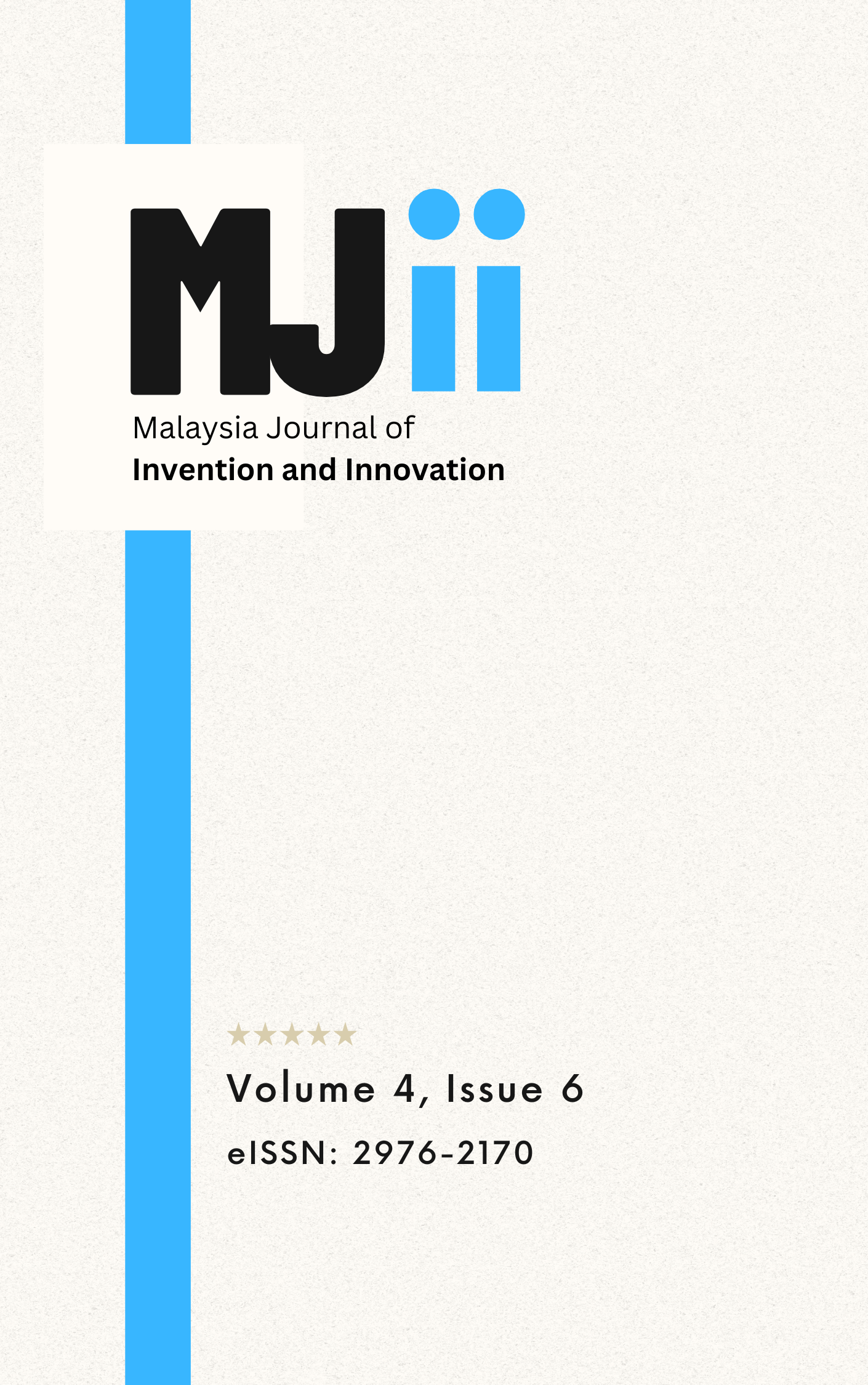Micro-Scale Voltaic Cell Experiment Based on PjBL-STEM Using POME Waste for Sustainable Energy Education
DOI:
https://doi.org/10.64382/mjii.v4i6.107Abstract
This study explores the utilization of Palm Oil Mill Effluent (POME) as an electrolyte in a micro-scale voltaic cell experiment integrated into a Project-Based Learning–Science, Technology, Engineering, and Mathematics (PjBL-STEM) framework. The primary aim is to develop an applicable green chemistry learning model that contributes to sustainable energy solutions. A quasi-experimental method was implemented with Grade XI science students at Sekolah Indonesia Kota Kinabalu, involving the stages of problem identification, experimental design, implementation, data analysis, and reflection. Results demonstrate that POME effectively functions as an alternative electrolyte, producing up to 8.71 Volts and 3.12 mA of current in a five-cell series configuration. The linear relationship between the number of POME cells and the generated voltage (Y = 17.25X + 1.85) indicates its potential as a micro-energy source for low-power electronic devices. The integration of local waste into science education not only supports the achievement of Sustainable Development Goals (SDGs) No. 7 (Affordable and Clean Energy) and No. 12 (Responsible Consumption and Production), but also fosters opportunities for renewable energy innovation grounded in local contexts. This model can be adapted in resource-limited schools to promote learning that is relevant, contextual, and environmentally conscious.
Downloads
Published
Issue
Section
License
Copyright (c) 2025 Nayudin Hanif, Isana Supiah Yosephine Louise, Suyanta

This work is licensed under a Creative Commons Attribution 4.0 International License.
The authors of MJII retain copyright to the content of the articles.
The content is published under the Creative Commons Attribution (CC BY) 4.0 which allows content to be copied, adapted, displayed, distributed, republished, or otherwise re-used for any purpose, including for adaptation and commercial use provided the content is attributed without any restriction.
Authors Rights
The Journal grants you the following non-exclusive rights, subject to giving propoer acknowledgement to the original journal. The authors may:
(i) to reprint or reproduce the contribution, in whole or in part, in any publication of your interest.
(ii) to use material for teaching purposes; including availability of the matarial in academic course.
(iii) to post a copy of the contribution on your personal or institutional web server, provided that the server is non-commercial and there are no charges for access, and
(iv) to deposit a copy of the contribution in a non-commercial data repository maintained by an institution of which you are a member.
Author's Agreement
Author(s) guarantee the journal the following:
(i) that the contribution is their original work;
(ii) that it contains, no matter what, content that is defamatory or is otherwise unlawful or which invades rights of privacy or publicity or infringes any proprietary rights (including copyright);
(iii) that the contribution has not been published elsewhere in whole or in part and that no agreement to publish is outstanding other than this agreement. Author(s) agree to be responsible and hold the journal, its editors, staff and affiliate organizations harmless against any claims arising from or related to the breach or inaccuracy of any of the guarantees listed above.
Disclaimer
The editorial team of the MJII and the publication team of Academica Press Solutions share no responsibility regarding the views and opinions expressed by the authors.
The content published in MJII is Open Access and can be shared, adapted, reproduced, reprinted, after appropriate acknowledgment and giving due credit to the author(s) work.


